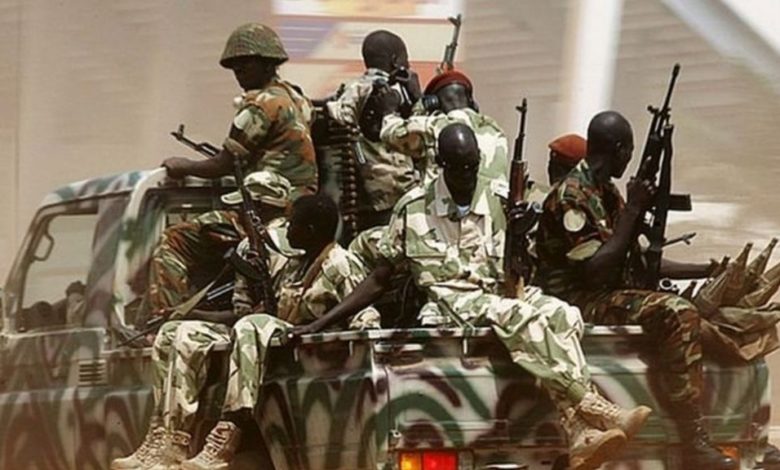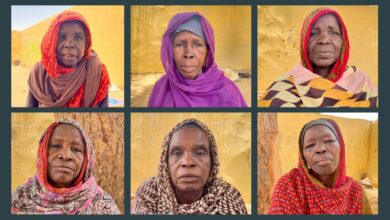CAR Rebel Group Reinforces Position On Border With South Sudan

Combatants of the Central African Republic rebel movement, l’United pour la Paix en Centrafrique (UPC), have for several days been gathering in the country’s extreme southeast region in readiness for combat.
The group’s leader, Ali Darassa, said they are preparing against a possible attack on its positions from South Sudan.
In a confidential correspondence circulating within the rebel movement, a copy of which was obtained by HumAngle, the UPC central command said it has received information that South Sudanese rebels are preparing to launch a violent assault against its positions in the Central African Republic mainly in Mboki, Obo, and Rafai.
According to the rebel movement, the South Sudanese rebels are being manipulated by government authorities in Bangui with the aim of completely destroying UPC’s military capacities in the southeast region.
No independent sources have confirmed the concentration of South Sudanese rebel forces along the Central African Republic frontier with South Sudan.
A senior officer of the national army described the allegations by the UPC high command as an excuse for rebel warlord Ali Darassa to extend his zone of influence in the region and said this is aimed at manipulating national and international opinion.
An independent military observer in Bangui is, however, of the opinion that the UPC allegations could be true. He said this is because, some months ago, the government, with the help of Russian mercenaries, concocted a plot through the Movement of Central African Liberators for Justice (MLCJ), the Popular Front for the Renaissance of Central Africa (RPRC) and Sudanese mercenaries against the RPRC, the principal armed group of the ex-Seleka coalition.
This plot, the military source emphasised, resulted in the weakening of the armed group in Birao, Bria, and Ndele. The weakened RPRC was said to have called on the UN military mission (MINUSCA) to ensure its survival in Ndele and Birao. This forced the government to partially disarm some of the RPRC combatants.
Within the context of the UPC, its high command affirmed that the government had contacted South Sudanese armed groups to help it weaken the UPC in the south region.
But this is doubted by many Central Africans since the UPC is a partner of the government, according to Prime Minister Firmin Ngrebada, and because Darassa is understood to communicate regularly with the Central African leader, Faustin Archange Touadera.
Support Our Journalism
There are millions of ordinary people affected by conflict in Africa whose stories are missing in the mainstream media. HumAngle is determined to tell those challenging and under-reported stories, hoping that the people impacted by these conflicts will find the safety and security they deserve.
To ensure that we continue to provide public service coverage, we have a small favour to ask you. We want you to be part of our journalistic endeavour by contributing a token to us.
Your donation will further promote a robust, free, and independent media.
Donate Here




